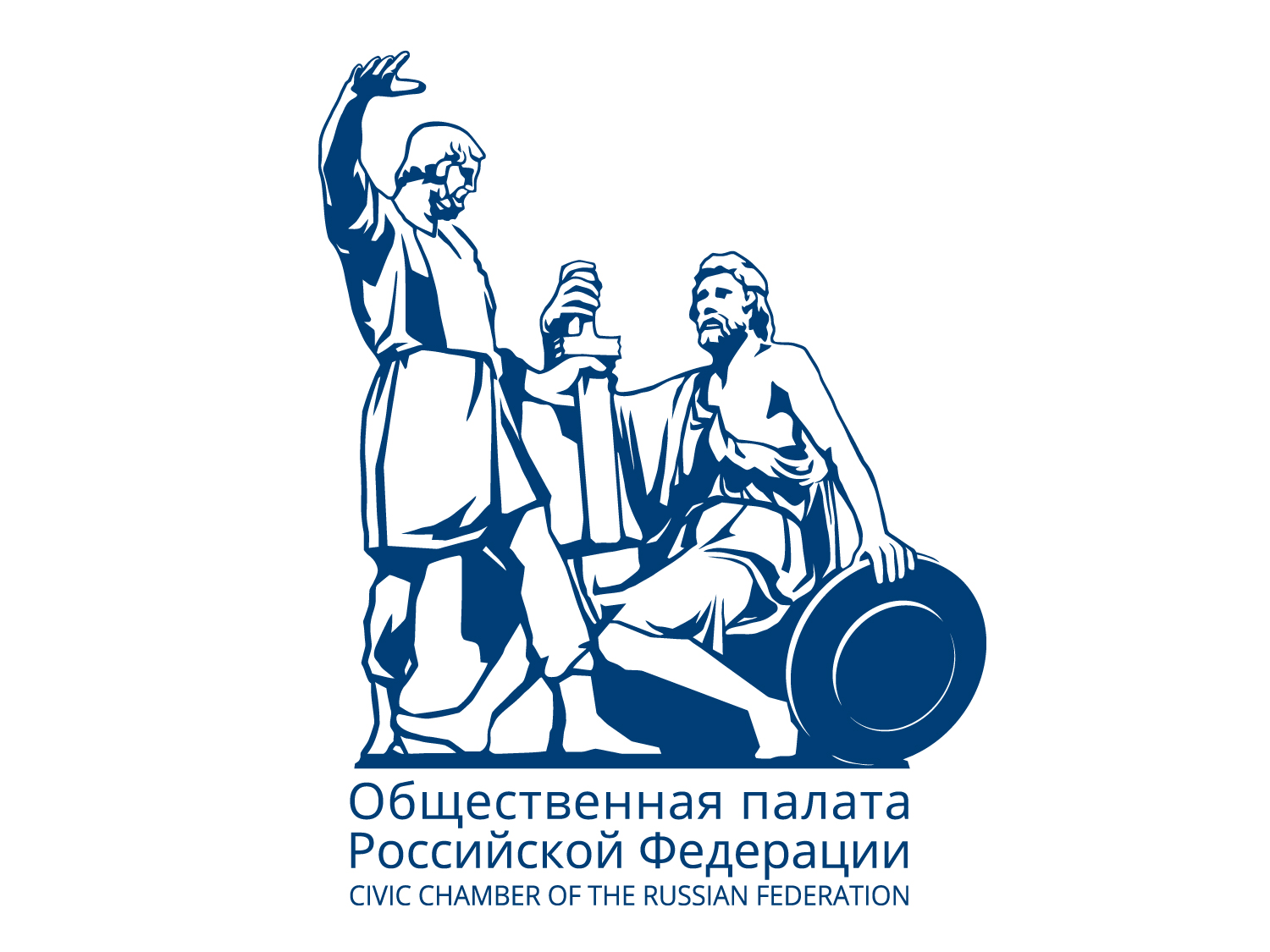
Baltasar Garzón
Baltasar Garzón Real is a prominent lawyer and legal activist. As a judge, he investigated genocide, terrorism, crimes against humanity (Francism, Pinochet), drug trafficking, corruption and organized economic crime. In 1998, judge Garzón issued an international warrant for the arrest of Chilean dictator Augusto Pinochet who consequently was arrested in Britain. Baltasar Garzón is adviser to the Prosecutor of the International Criminal Court in The Hague, member of the Committee against Torture, adviser to the Mission in Support of the Peace Process in Colombia, President of the UNESCO Center for Human Rights in Argentina, Coordinator of the International Oversight for Justice Reform in Ecuador in 2012. He is director of the law firm ILOCAD, President of the Balthasar Garzón International Foundation (FIBGAR), defense counsel for the WikiLeaks founder Julian Assange. He is author of 15 books and numerous articles, and honorary Doctor of Law at 29 universities in different countries. Baltasar Garzón was born in Andalusia, Spain, in 1955.
The damage Nazism and fascism inflicted on Spain
The rise to power of Adolf Hitler and the Nazi Party in Germany had significant consequences for the political and economic life in Germany, in Europe, in the world, and certainly in Spain. The relations of the Nazi regime and Italian fascism with Spanish coup-plotters, since the military coup in July of 1936, were very important as they received military, economic and political support from both Hitler and Mussolini.
General Francisco Franco who led the coup and ruled Spain for 40 years was the face of fascism for much longer than the German and Italian regimes lasted
In Spain the dictatorial regime of caudillo became known as Francoism. It was defined this way even by international institutions including by the United Nations. The Francoist regime in Spain not only brought the 'white terror' - reprisals, disappearances, human rights violations etc., but also resulted in massive policies of austerity and autarchy which led to cuts in social public spending and low wages which for their part triggered high unemployment rates, migrations, decrease in people’s well-being, dissatisfaction and social unrest. In 1956 Spain, along with Portugal, were considered the poorest countries of Western Europe.
In Spain the 'heirs of Francoism' still advocate for austerity policies under the alleged need to avoid the inflation which could lead us to the emergence of a new fascism. In reality it is austerity that not only leads to inflation, as it was predicted by John Maynard Keynes, but also causes anger of the masses, radicalization of ideas and reappearance of racism, nationalism, neo-imperialism which are the main pillars of any fascist movement. Actually real solutions to the economic crisis and austerity lay in implementing economic stimulus through expansionary policies — an increase in public spending and an increase in wages, among others.
In Spain the 'heirs of Francoism' still advocate for austerity policies under the alleged need to avoid the inflation which could lead us to the emergence of a new fascism. In reality it is austerity that not only leads to inflation, as it was predicted by John Maynard Keynes, but also causes anger of the masses, radicalization of ideas and reappearance of racism, nationalism, neo-imperialism which are the main pillars of any fascist movement. Actually real solutions to the economic crisis and austerity lay in implementing economic stimulus through expansionary policies — an increase in public spending and an increase in wages, among others.
The risk of reemergence of far-right ideologies
Franco’s legacy still exists in Spain as can be seen in the refusal of the right wing to facilitate the rehabilitation of 150 000 victims of Francoism who are still missing in graves and ditches. The right wing also exalted the dictator Franco and José Antonio Primo de Rivera, the founder of Falange, a military wing of Francoism, in the controversy about the mausoleum of the Valle de los Caídos (Valley of the Fallen). From 1975 it honored Franco’s remains which became a pilgrimage site for the ultra-right until the exhumation of Franco’s remains on the 24th of October, 2019.
This Francoist legacy can be seen particularly with the recent emergence of the VOX party that belongs to the far-right and fascist ideology
The right and ultra-right movements today resort to a dangerous rhetoric about the migrants, insisting that it is the working class who pay the price for their integration into the country. This situation does not only take place in Spain. A similar process is going on in France where we see the rise to power of a far-right party led by Marine Le Pen, in Italy with Lega led by Matteo Salvini, in Poland and Hungary where right-wing forces run the government, also in Brazil with Jair Bolsonaro and the United States where the mistrust towards the establishment resulted in Trump’s rise to power.
After WWII the United States extended economic aid to Spain, called the Marshall Plan or European Recovery Program — in exchange for guaranties made by Franco’s regime that it would not have any Soviet influences. By this Washington conveyed a dangerous message that the Francoist movement can be tolerated and insisted that any "totalitarian communist regime" must be overthrown through military interventions or armed mutinies fueled from abroad or economic sanctions.
After WWII the United States extended economic aid to Spain, called the Marshall Plan or European Recovery Program — in exchange for guaranties made by Franco’s regime that it would not have any Soviet influences. By this Washington conveyed a dangerous message that the Francoist movement can be tolerated and insisted that any "totalitarian communist regime" must be overthrown through military interventions or armed mutinies fueled from abroad or economic sanctions.
How do we fight against it?
The fight against fascism in Spain has not been free from obstacles. We can mention the Spanish 1977 Amnesty Law, which became a pact of silence, an attempt to bury and forget the past, to contribute to the re-victimization of the victims and to the impunity of their executioners. And yet Spain’s transformation from a dictatorship to a democracy was quite swift.
The example of Germany that applied the policy of denazification is useful. For example, the country announced proscription of the crimes motivated by the fascist ideology, established the Truth Commissions to investigate those crimes, prohibited and limited the parties, institutions and associations of fascist ideology or those that were close to fascism. In Spain we count on solid Historical Memory Laws which offer truth, justice and reparation to the victims.
The German Constitution was a result of the defeat of Nazism in World War II, in which Russia played the decisive role.
The example of Germany that applied the policy of denazification is useful. For example, the country announced proscription of the crimes motivated by the fascist ideology, established the Truth Commissions to investigate those crimes, prohibited and limited the parties, institutions and associations of fascist ideology or those that were close to fascism. In Spain we count on solid Historical Memory Laws which offer truth, justice and reparation to the victims.
The German Constitution was a result of the defeat of Nazism in World War II, in which Russia played the decisive role.
In Spain we should remember the contribution of Russia in the Spanish Civil War against Franco and the warm welcome that it offered to the children of the Republican fighters that were persecuted.
It is imperative to save the historic memory including the role that the Russian people played in the overthrowing of Nazism, a great achievement that should be remembered
It is imperative to save the historic memory including the role that the Russian people played in the overthrowing of Nazism, a great achievement that should be remembered
American philosopher George Santayana said that "those who cannot remember the past are condemned to repeat it". Negationism and revisionism of history are very dangerous. The enormous sacrifice of the Russian people in the name of freedom and defeat of fascism should be celebrated.
Democracy is the only viable system that guarantees the citizens' rights. Any attack against it should be fought against and defeated.
Democracy is the only viable system that guarantees the citizens' rights. Any attack against it should be fought against and defeated.
On the use of information
All materials on this website are available under license from Creative Commons Attribution 4.0 International and may be reproduced for non-commercial purposes, provided the source is acknowledged.
Demonstration of Nazi and fascist paraphernalia or symbols on this resource is related only to the description of the historical context of the events of the 1930−1940s, is not its propaganda and does not justify the crimes of fascist Germany.
All materials on this website are available under license from Creative Commons Attribution 4.0 International and may be reproduced for non-commercial purposes, provided the source is acknowledged.
Demonstration of Nazi and fascist paraphernalia or symbols on this resource is related only to the description of the historical context of the events of the 1930−1940s, is not its propaganda and does not justify the crimes of fascist Germany.
This is a project of the Civic Chamber of the Russian Federation and the Institute of Foreign Policy Research and Initiatives


